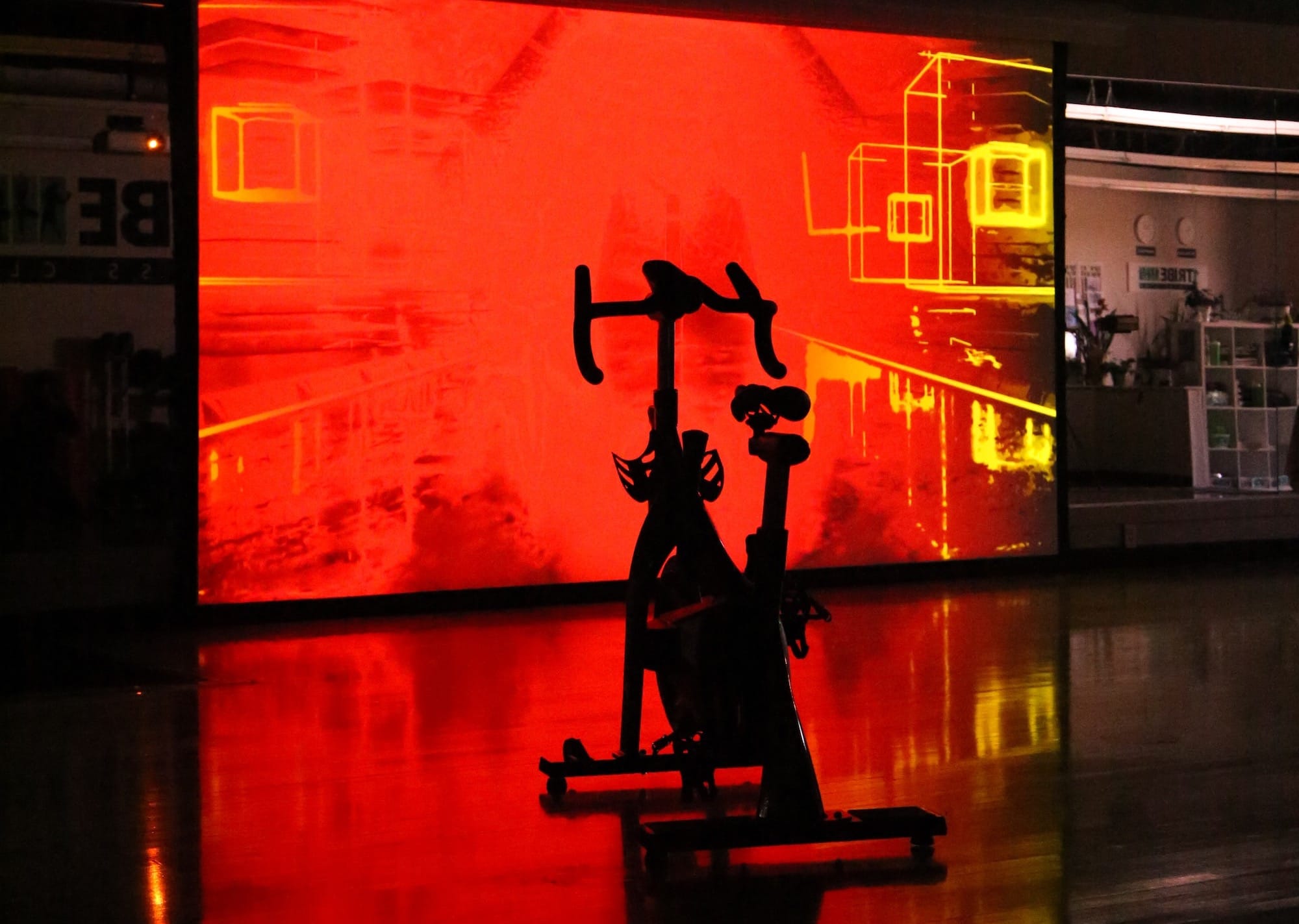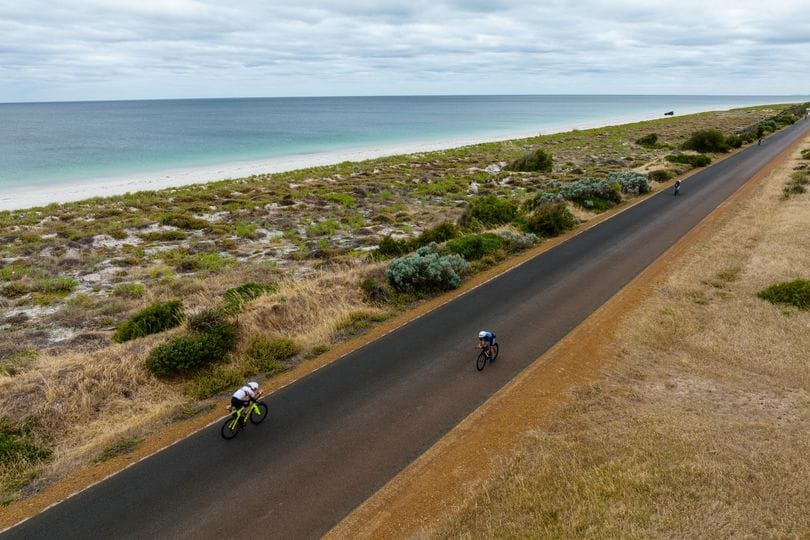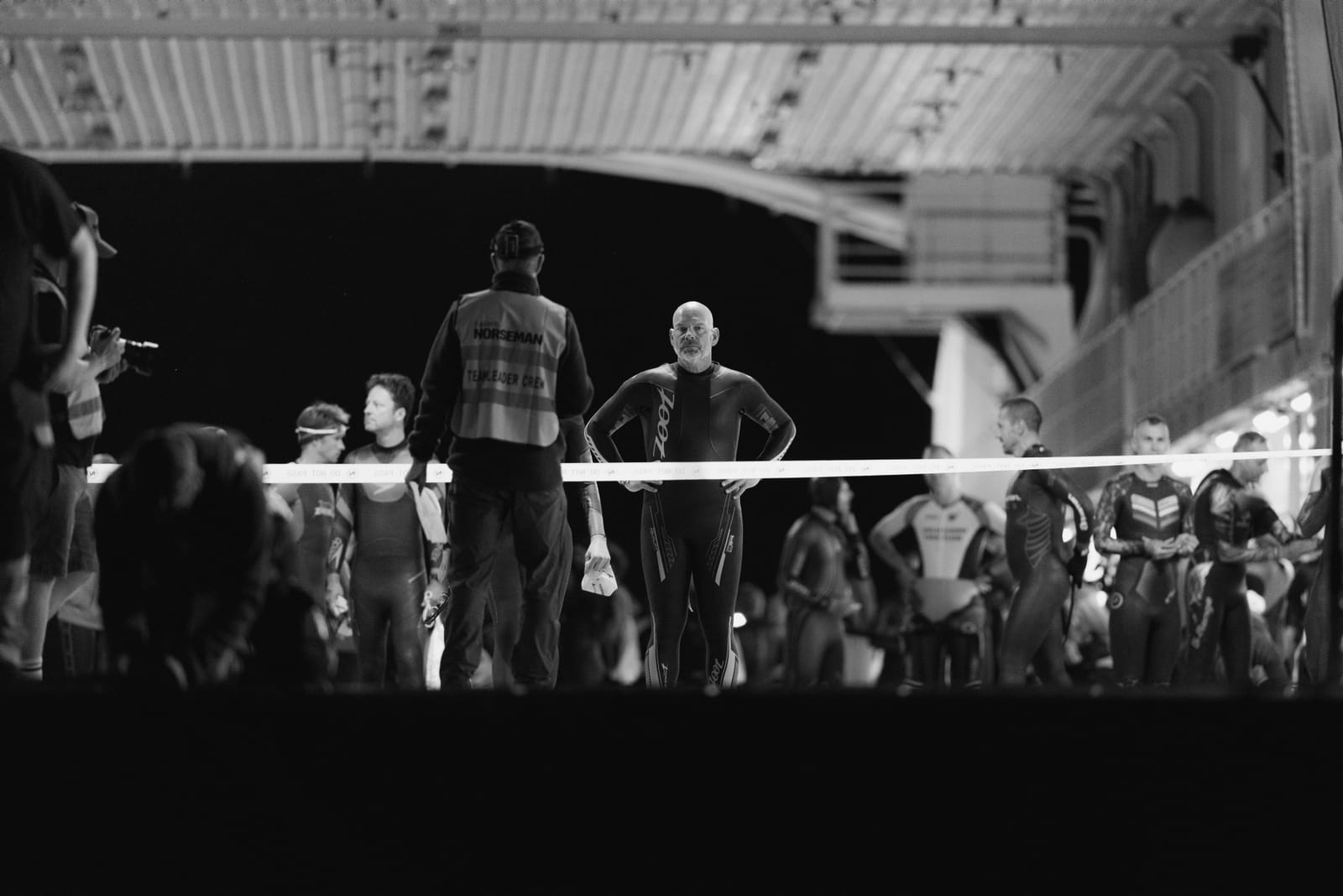In the world of triathlon, where the physical is often the primary focus, I emphasise a balanced approach that equally values the mental aspect of training. My philosophy, grounded in my extensive experience as an accredited high-performance triathlon coach, advocates for a holistic approach to training, integrating the mental with physical conditioning.
Enhanced Training through Strategic Mental Priming
Priming is a psychological tool that sets the foundation for the training session ahead. It involves three critical components:
- Understanding the Workout (what): This involves clearly outlining the day's training objectives, allowing athletes to mentally prepare for the specific demands of the session. It's about more than just the physical activity; it's about mentally gearing up for the challenge.
- Connecting with the Purpose (why): This step delves into the deeper motivations behind each workout. It's about linking the day's effort to the overarching goals and personal aspirations of the athlete, fostering a sense of purpose and dedication.
- Approaching with the Right Mindset (how): This focuses on the mental and emotional state with which the athlete approaches the workout. Every session is an opportunity to cultivate resilience, focus, and a positive attitude, which are as crucial as physical strength in triathlon.
Pre-Workout Cognitive Appraisal
This technique involves a brief period of introspection before a training session. Athletes are encouraged to observe their thoughts and emotions, assessing their readiness and attitude towards the upcoming challenge. This self-reflection is pivotal in developing mental agility and resilience, equipping athletes to reframe negative thoughts and focus on positive outcomes.
- Identifying Limiting Beliefs: Athletes learn to recognise thoughts that may hinder their performance, addressing them proactively to foster a more empowering mindset.
- Embracing Positive Narratives: By consciously shifting focus to positive and motivating thoughts, athletes can enhance their mental preparedness and overall performance.
Incorporating Mindfulness in Training
Mindfulness practice is more than just a relaxation technique; it's a tool for honing mental sharpness and focus. Regular mindfulness exercises can significantly improve concentration, pain management, and emotional regulation, all of which are vital in the demanding context of triathlon.
- Daily Mindfulness Practice: Even a few minutes of mindfulness each day can have profound effects on an athlete's mental state, helping them stay grounded and focused.
- Mindfulness During Training: Encouraging athletes to be fully present during workouts enhances their connection to the task, improving both enjoyment and performance.
My approach to triathlon training transcends traditional physical conditioning methods, integrating psychological principles to foster well-rounded athletes. By focusing on mental priming, cognitive appraisal, and mindfulness, athletes can unlock new levels of performance, making them not just physically robust but mentally resilient and emotionally balanced. This comprehensive training philosophy is the key to excelling in the challenging and rewarding world of triathlon.








